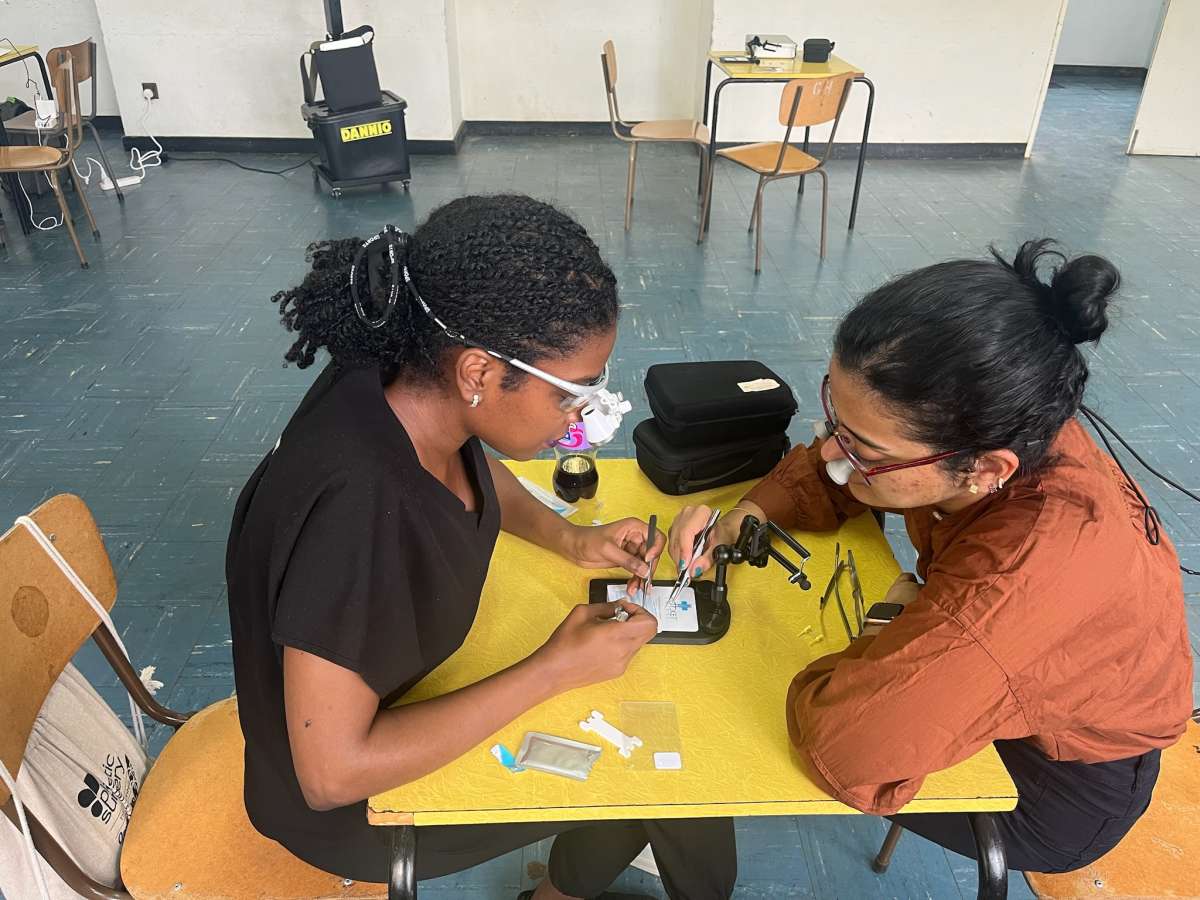This workshop is part of a continuing effort to build microsurgery capacity within COSECSA member countries, focusing on Zimbabwe’s leading medical institutions. From November 28-30, 2024, I will be conducting a hands-on microsurgery training workshop in Harare, Zimbabwe, in collaboration with the COSECSA and ReSurge International teams. Following our previous successful workshops, this training course will aim to further refine microvascular techniques with local plastic surgeons and support local surgeons in performing microvascular procedures. Utilizing innovative teaching tools such as smartphone setup and desk microscopes, the workshop aims to create a scalable and sustainable model for microsurgery education in Zimbabwe. By partnering with local surgical faculty, we will ensure the integration of these skills into resident education and ongoing surgical practice. This workshop is a crucial step in establishing a permanent microsurgery training program within Zimbabwe, with the broader goal of expanding access to advanced reconstructive surgery across the region.
Zimbabwe’s public healthcare system, particularly in Harare, serves as a critical resource for over 15 million people, many of whom face limited access to specialized surgical care. The Parirenyatwa Group of Hospitals, one of the largest referral centers in the country, plays a pivotal role in training the next generation of surgeons through its affiliation with the University of Zimbabwe College of Health Sciences. Despite being a hub for surgical education, there is a significant gap in microsurgical expertise within the country. By conducting this workshop, we aim to address the shortage of microsurgical skills, empowering local surgeons to perform complex reconstructive procedures and significantly improving patient outcomes. This initiative will directly benefit not only the patients treated at Parirenyatwa Hospital but also the broader community as trained surgeons disseminate these skills across Zimbabwe and neighboring COSECSA countries.
This microsurgery workshop is expected to train 12 plastic and reconstructive surgeons from Zimbabwe and surrounding COSECSA member countries in advanced microsurgical techniques. By focusing on practical, hands-on experience, this workshop will enhance the surgeons’ ability to perform critical procedures such as microvascular anastomoses and nerve repairs, which are currently limited in the region. The workshop will also introduce innovative teaching methods using smartphone technology and desktop microscope, creating a replicable model for microsurgery education in other resource-limited settings. We anticipate that this training will lead to the establishment of a sustainable microsurgery program at Parirenyatwa Hospital, with local faculty integrating these techniques into routine practice and surgical education. Follow-up support from ReSurge International will include additional training sessions, remote mentoring, and the development of a long-term strategy for expanding microsurgical care in Zimbabwe.






Through the generosity of the Doximity Foundation, I was able to attend a microsurgery education trip in Harare, Zimbabwe. This was carried out in conjunction with ReSurge International. The purpose of this trip was to train African plastic surgeons on microsurgical techniques and subsequently help conduct their oral board examinations.
This trip was life-changing for multiple reasons. First, it gave me an immense appreciation for the resources that I have been given as a plastic surgery trainee in the United States. Our microscopes and monitoring techniques significantly improve operative times and surgeon peace of mind (and therefore, quality of life).
But in the same vein, I learned that this advanced technology is not necessary to be a successful microsurgeon. Many of the African surgeons that are already performing microsurgery are doing so with only basic technology. This was proof that with appropriate surgical technique, patient selection, and a team-based approach to care, microsurgery is possible in any setting. To me, this is further proof that access to reconstructive microsurgery should be a global right (not a privilege).
Through our workshops with the African surgeons, I learned basic techniques for flap monitoring and post-operative care that obviate the need for more advanced technology. The surgeons that participated in this workshop have also formed a group chat where we share complex cases and crowdsource feedback/recommendations regarding surgical plans. I hope to use all of this knowledge and these connections to continue improving access to reconstructive microsurgery globally.
Last but not least, I was grateful for all of the friends I made through this experience. The African and American attendees were not only phenomenal surgeons but also just lovely people. I look forward to following everyone’s success.
I am profoundly grateful to the Doximity Foundation for this experience. Thank you for supporting such a diverse educational experience.